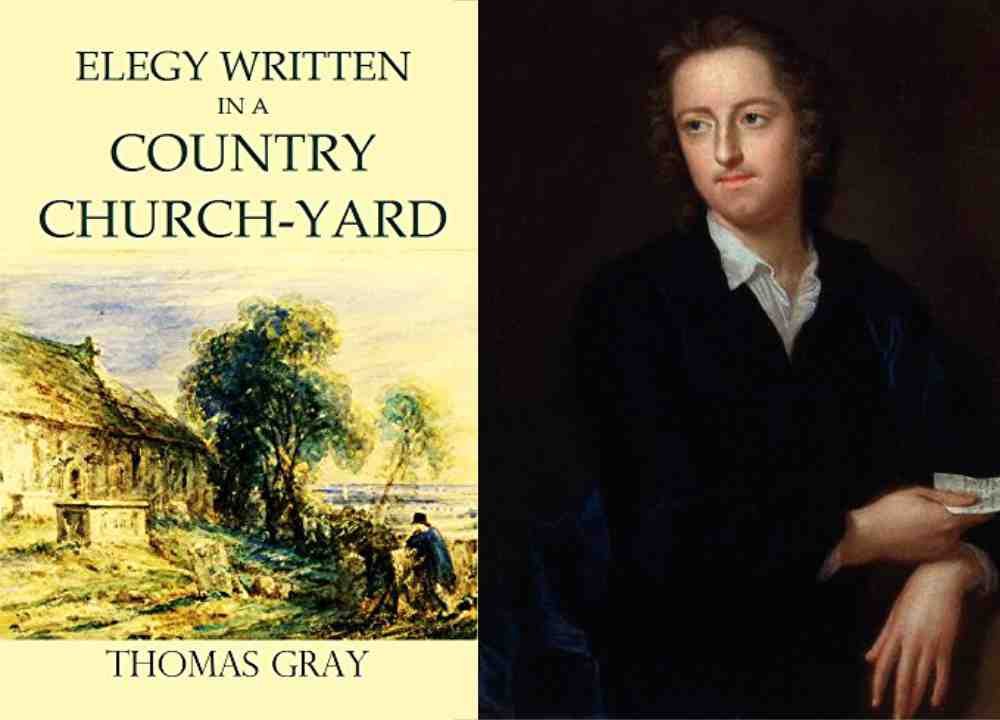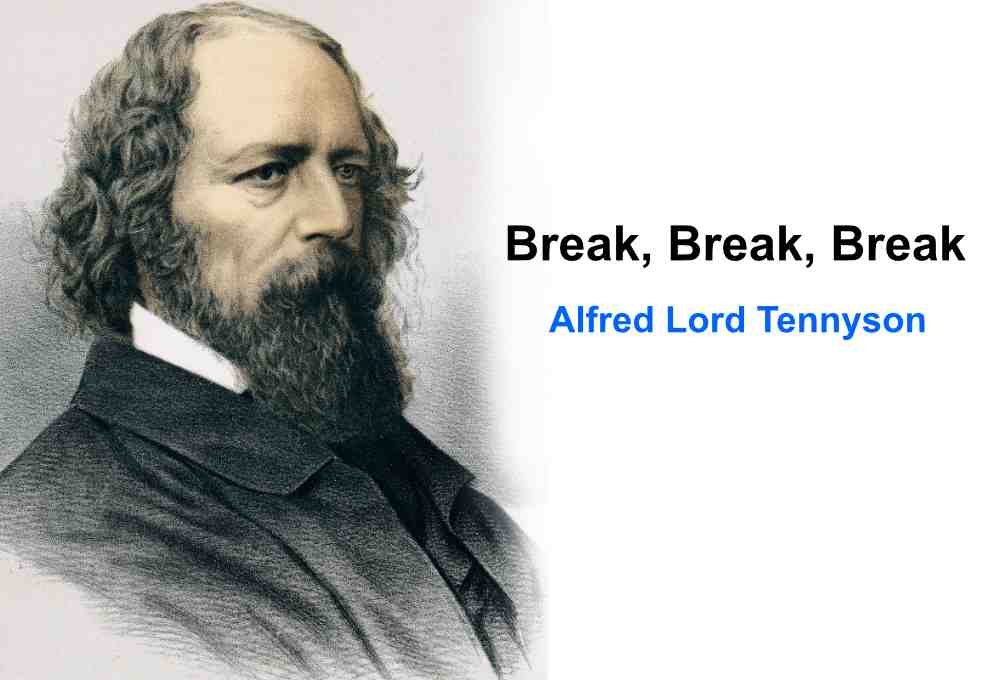According to Arthur Crompton-Rickett, there are three Brownings; Browning the passionate singer of love and youth and the world of sense; Browning the curious explorer of devious ways of human experience: and Browning the fearless fighter of a firm believer of the immortality of the human soul.
In his own days, he was praised for his robust optimism. The second has won the praise of people who love psychological analysis in poetry. Crompton-Rickett finds the first aspects of Browning the most interesting and of great poetic of human value. The other sides of his work are interesting only in a subsidiary way.
His famous love poems
He has written a large number of poems on love. Among them are, the Last Ride together, two on the Campaign; love among the Ruins, in a Gondol, by the fireside Two Late, etc. Love in various forms is found in the poems of Robert Browning.
The mystic side of passion is suggested in Evely Hope and Two in the Campaign. In both love is an ideal as well as an actuality. The tragic note is found in ‘The Last Ride Together and In a Gondola.’
His Treatment of Love
Browning lovers do not project their feelings into nature as Maud’s lover does find the roses and lilies waiting for his beloved and highly for her. Venus the planet of love faints and the passion flowers drop into the lake. For the lovers of Browning flowers are just pretty things to catch the approving eye of the mistress e.g.,
Here's the garden she walked across Arm in my arm for such a short while since.
In Porphyria’s lover the storm that vexed the lake and tore the elm-tree tops for spite subsidies at the arrival of his mistress. She shuts the door and the storm and makes the dull grate ablaze both by fire and her presence.
Nature is presented with passion; Porphyria’s Lover depicts the lover and murdered sitting with the murdered girl’s head on his shoulder. He thinks that he does the best thing in the world. God has not said a word.
Love among the Ruins celebrates the meeting of two lovers on the site of a ruined city overgrown with grass and flowers. A girl with eager eyes and yellow hair waits for the lover breathless and dumb till I come. When he comes;
She will speak not, she will stand Either hand On my shoulder, gives her eyes the first embrace of my face Ere we rush, ere extinguish sigh and speech each on each.
The poem ends with condemnation of war fought for the loss of gold and glory and the emphatic declaration; ‘Love is best’, similarly the poem was written after the death of his wife asserting his fearlessness in the face of death the poet says that he will meet his beloved after death.
The light and then the breast O thou soul of my soul I shall clasp thee again And with God be the rest.
Conclusion
Browning believes that God was love. He found its manifestation in man’s life and glorified it. He presented various faces of love. Many of his love poems are of fruition, the utterance of the husband, or wife of love happy or unhappy.
In either case, one looks to the present and the past at least as much as to the future. Browning’s love affair was happy. Yet he explored various kinds of unfulfilled love “the eddies and backwaters in the torrents in the current and of love”.





